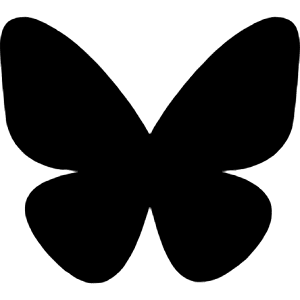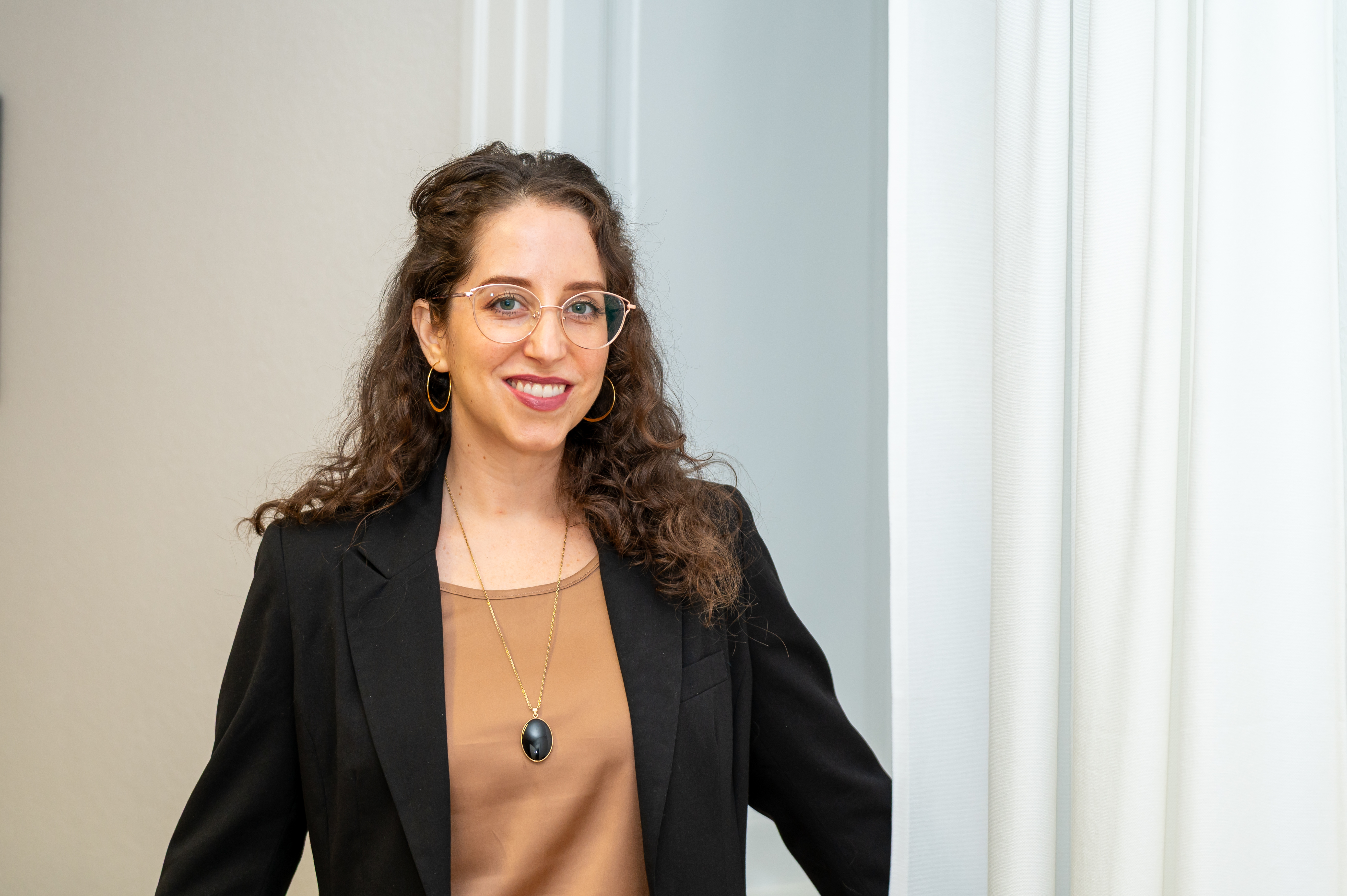Open Houses: Publisher Samuel Fischer, Berlin
Once a month, a cultural salon takes place at publisher Samuel Fischer’s historic house in Berlin, where the spirit of art and literary works can still be felt. This article is part of the five article series "The City’s Best Houses Open to the Public", published in partnership with The Urban Activist.

Step into the homes of writers, artists, and thinkers where discussions and debates nested democracy in our cities—and be part of today’s conversations at these historic locations.
In 1978, Brigitte Bermann-Fischer published a memoir of her encounters as a child with some of the most influential writers of German literature. For her ninth birthday, Brigitte “Tutti” Fischer received her first poetry album, on which the authors left their notes. “People often came to my parent’s house, the beautiful, bright, spacious villa in Grunewald. On its exterior wall, it displayed the S. Fischer logo, the fisherman with the net, in relief…,” she remembers in They Wrote to Me – or What Became of My Poetry Album.
Her father, Samuel Fischer, was a prominent German publisher, and their home in the newly established Grunewald district of Berlin was more than just a private residence. It was a stage for discussions, readings, celebrations, and networking in Berlin — entirely in the spirit of an informal cultural salon of the late 19th and early 20th centuries. In 1912, the author Otto Flake wrote that “over the years, it became an endless procession” of notorious writers and thinkers.
Gerhart Hauptmann, Thomas Mann, Hugo von Hofmannsthal, Arthur Schnitzler, Stefan Zweig, and many others gathered at Fischer’s house. Closeness to writers was central to him; he was a passionate mediator and cultural actor who appreciated his authors, welcomed new talents, and encouraged aspiring young authors.
Born into a Jewish-Hungarian family in Liptószentmiklós, Slovakia, he founded the Fischer Verlag in 1886. In the Berliner literary debating club “Durch,” Fischer had the opportunity to observe the latest trends in German literature. However, he did not seek out leading thinkers; instead, he placed a strong emphasis on titles by lesser-known foreign authors, translating works by Émile Zola, Tolstoy, and Dostoevsky into German.
His publishing house became a platform for contemporary German literature, particularly German naturalism. His love for theater also actively supported the founding of the “Freie Bühne” (Free Stage), which opened up new and unexpected perspectives for the publishing house. Additionally, he promoted a fresh style of entertaining yet enlightening travel literature. In Bernhard Kellerman’s utopian novel, published by Fischer, the author describes his impressions of America.
Unfortunately, the rise of the National Socialist regime in 1933 significantly impacted Fischer’s publishing house, as the books of numerous authors in its catalog could no longer be published or sold. For many writers, a terrible period of persecution, flight, and exile began. In 1934, Fischer passed away, and Gottfried Bermann-Fischer, the founder’s son-in-law, assumed control of the business. A year later, he was forced to relocate the publishing house’s activity to Vienna. Subsequently, it was moved to Stockholm in 1938 and finally to New York in 1940.

***
More than a century later, I attended a cultural salon at Fischer’s historic house in Berlin last month. Although the summer solstice had recently passed, temperatures were already soaring into the 30s Celsius, adding an apocalyptic feeling to what had been a difficult week. Netanyahu’s far-right government had just bombed Iran, prompting the Ayatollah’s government to respond with shelling over Tel Aviv.
It wasn’t until I stepped into the house that the world felt right. The cultural salon is in an apartment on the first floor. I walked through a long corridor resembling an artist’s studio, with walls adorned with paintings leading to a square room filled with chairs facing an improvised stage. People began to take their seats. A dog rested under a coffee table.
The audience was diverse, typical of a cultural event in Berlin, where the whole city is represented in one room. Among the attendees was artist and poet Yvonne Livay, a former member of “LYRIS,” a group of Israeli poets writing in German, who was in Berlin for her latest exhibit and found herself stranded due to the recent attacks by Israel on Iran. Behind me sat French novelist Mathias Énard. In the front row, two men in sleeveless t-shirts and neon glasses caught my attention; I learned later that one of them was a musician who splits his time between New York and Germany.
At the back of the room sat Manfred von Baum, one of the last attendees to arrive. He and his wife, artist Christa von Baum, purchased the house from the Fischer family in 1975, who had regained ownership of their property after World War II. The couple moved in in 1976 and rented out the other four apartments. Throughout the late 1970s and early 1980s, Christa was at the pinnacle of her artistic trajectory, working intensively in her atelier at the house, selling many pieces, and organizing numerous gatherings around her work.
After Christa died in 2016, the house and her paintings were entrusted to the “Baumstiftung für Kunst und Kultur” foundation. Manfred von Baum explained that they established the foundation to ensure that Christa’s work could remain in the house while continuing to host cultural encounters. When he met writer and journalist Michaella Maria Müller at one of her Sunday Salons in Berlin, which she had been organizing since 2009, he offered her the opportunity to move into one of the house’s apartments and continue her cultural salons in partnership with the foundation. The history of the house provides a fitting backdrop, as themes of flight, displacement, and the Holocaust are recurrent in Müller’s work.
With a warm voice, Müller opened the cultural salon and introduced Racha Kirakosian, a German academic and writer born in Syria in 1986, who is currently a fellow at the Wissenschaftskolleg zu Berlin. Kirakosian’s family traveled from Syria to East Berlin in the 1980s and was immediately transferred to West Berlin. She read from her latest book, Berauscht der Sinne beraubt. Eine Geschichte der Ekstase (in English, Intoxicated, Deprived of the Senses. A History of Ecstasy), where she approaches ecstasy from different directions. Loss of control, spiritual rapture, supreme joy, and self-transcendence are just a few of the experiences that people associate with expanded consciousness and a sense of happiness.

We listened attentively to discover the connections between the Love Parade in Berlin and antiquity, satisfying our curiosity about the fundamental human desire for ecstasy. The readings were accompanied by music from Suzanna, a singer known as one of Berlin’s most beautiful voices, alongside Valerij Pysarenko, a Ukrainian guitarist who arrived in Berlin during its demographic boom in the 1990s. Together, they took us on a unique journey into the sensorial realm of ecstasy.
During an unusual intermission, attendees gathered in Müller’s kitchen for drinks and snacks, which helped ease the atmosphere and foster good networking. “My goal is to connect people,” Müller said. She believes the hosted authors and their ideas initially inspired the guests, providing them with discussion points that allowed for friendly conversations in the kitchen, bringing us back from abstractions to our shared reality.
As we walked back to the main room through the corridor, adorned with Christa’s paintings and reminiscent of a time at Fischer’s house when contemporary artworks by the likes of Liebermann, Gauguin, and van Gogh were once displayed, it became clear that art plays a crucial role in maintaining the exquisite spirit of the house.
“I appreciate that every afternoon is different, even though a lot of preparation goes into it,” Müller remarked. She explained that the concept behind her cultural salon, initiated 15 years ago, was to invite knowledgeable individuals eager to share their expertise with others in Berlin. “We’ve danced tango, heard a stadium announcer discuss audience relationships, talked about Esperanto, learned how to build chairs, and explored the nature of gluten chains in muffins,” she shared. “But nothing is set in stone,” she admitted, remaining always open to new ideas.
“For me, it’s always a nice moment at the end of the year to reflect on the books and the guests,” she said. For the attendees, this cultural salon in Berlin serves as an intimate, non-institutional space that fosters meaningful exchanges and fresh perspectives with strangers. At this moment in history, it is all that we need.
Attendance at the cultural salon is by invitation, which is shared through Müller’s Newsletter.
Posted in
.png)





.jpg)
